Garbage truck drivers and their crews may appear the least likely to blame for the horrendous road traffic carnage that has gripped Uganda yet again – but yes, they are to blame. So are Subaru drivers, government drivers for who, the number plate of their car no matter the designation is a right of way and add to this at will almost anyone who at one time or another feels entitled to pull out of a queue and to press their advantage in the direction of oncoming traffic. To this list can be of course included the hundreds of thousands of boda bodas but not because of their place at the wheel but because the real reason killing Ugandans is the psychology of privilege that each brings with them when they leave their homes and encounter “others”. It is a cynical privilege too.
The garbage crews often drive slowly, park badly and sometimes will litter the way with overflow from their trucks. All along the feeling – perhaps not expressed is that other road users owe them the courtesy of tolerating their right to behave this way perhaps because of the type of work that they do. Similarly heavy truck drivers and their turnboys tend to behave like this. The latest tragic accident on the Kampala-Gulu highway probably follows this pattern. A truck crew, not out of ignorance, parks their heavy truck adjacent to the road and start to offload. A speeding bus then crushes through killing scores. The climate of behavior that allows the truck crew to feel the rules of safe parking do not apply to them is abundant everywhere and is the gene many Ugandans carry such that no matter their station they assume some privilege is owed to them.
There was that video online of a bus driver eating his lunch on the wheel, while simultaneously driving. Some commentators blamed the passengers for tolerating this conduct and basically awaiting their death. But many of them consider his privilege justified – after all he is a family man who has not fed and his trying to get them to their destination as quickly as possible. The passengers also feel entitled to get there before others.
This is privilege at work.
On the road, despite the law, private individuals use flashing flights akin to that of the police to signal their way through. Many civilians will “borrow” military jackets and drape these on the passenger side to show policemen they are connected and so deserve to be let through “or else”.
On roads leading to wealthier parts of the country – all that privilege grinds traffic to a halt as every important person, and that means everyone, is trying to breach the rules to affirm their privilege.
A friend recently recounted a story were finding himself in the village during the holidays he was expected to foot the bill for the many outings with his cousins and village mates even if they were clearly well off. “I found the idea that because I am from Kampala, so I had to pay for drinks offensive he said” and spent New Year’s Eve in his bed. But this too is widespread and while it is derisively referred to as black tax – in fact his well-off village relatives consider it their privilege to be feted by city folk.
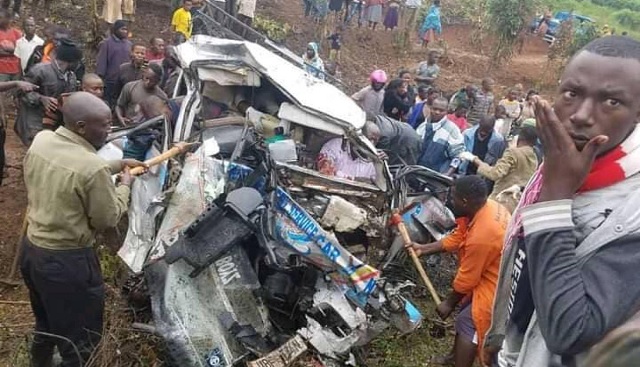
(courtesy photo)
Obviously, this type of privilege is attended by the excusing of responsibility for the party that feels entitled. The dictionary definition of privilege is“an advantage that one person or group of people has, usually because of their position or because they are rich”. But this definition is very limited because it draws from situations where hierarchy is settled and where wealth has ritualized the relationship between the haves and the have nots. In situations like we have in Uganda where the blind application of rules by public institutions is absent – privilege is not given but taken.
Thus, on the roads anyone overtaking or over speeding genuinely believes in their entitlement to say get home earlier and put their needs not just ahead of others but above the rules. It has not helped that previously ordinary people now inflated by rank and state positions populate the roads with armed guards shoving people off in total disregard of the rules. Within the city it is normal now to see “foreigners” and their families (many of them entrepreneurs”) with armed policemen or military officers carrying groceries from supermarkets but driving in unofficial cars. There is even an assumption that drivers with South Sudanese number plates must be important (often when they drive high end vehicles) and should be allowed their bad driving. It is no wonder when scores die that the outrage is muted. Since everyone recognizes or at least acknowledges that they too, acting on their privilege, would have been over speeding or driving badly, or worse that following the rules won’t change the behavior of others, they weep the loss of loved ones and hide their own guilt. More than that the idea that no one is in charge may explain why a veneer of fatalism pervades the reaction to every new tragedy on our roads. “If we die, we die” or “if it is your day, it is your day” is a common reaction before we all move on. But there cannot be privilege without responsibility. Until we restore both in their rightful place, we will keep dying.
It is also not useful to blame the official authorities for this. The traffic officer who has to deal with all the privilege on the road has just one recourse – ask for tea. Or better use the privilege of his uniform to cater for his family like everyone else.




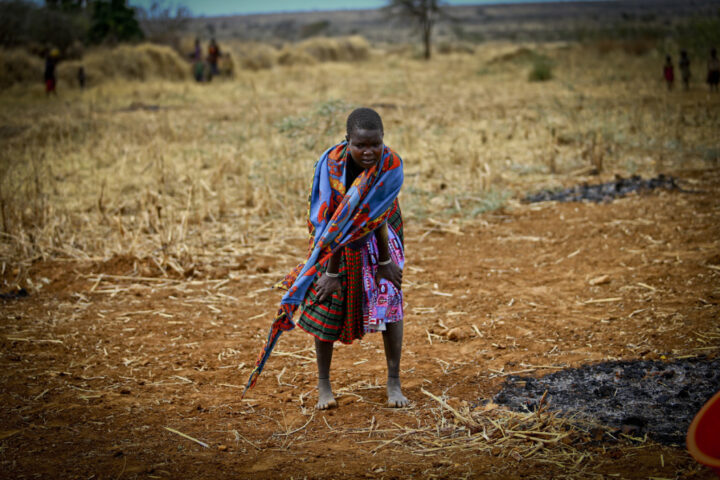
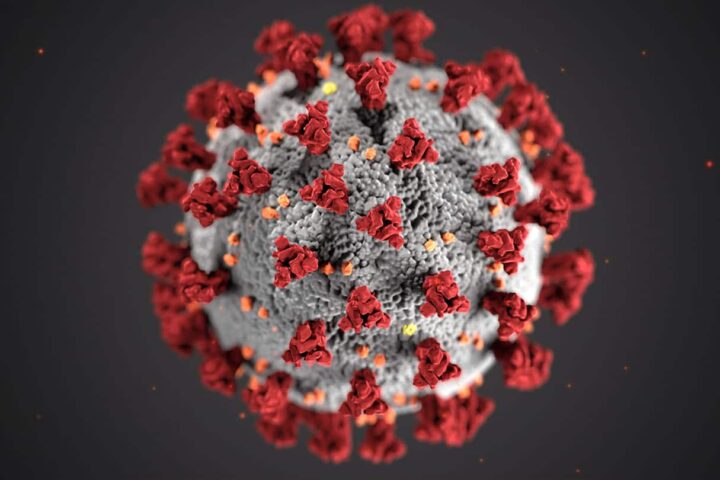
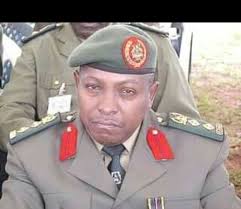
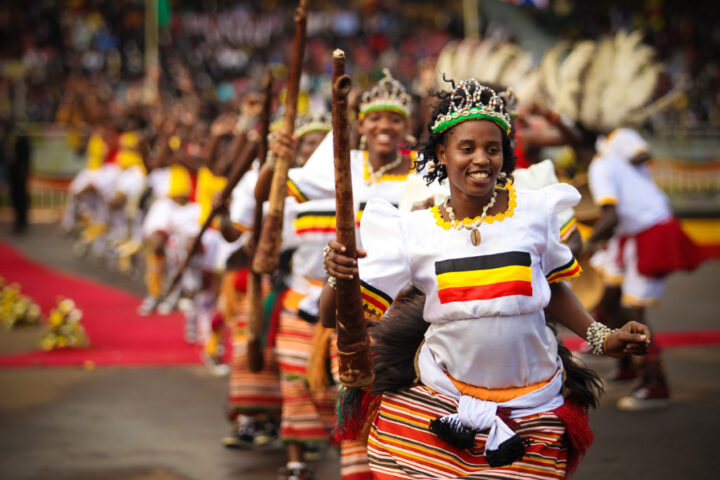
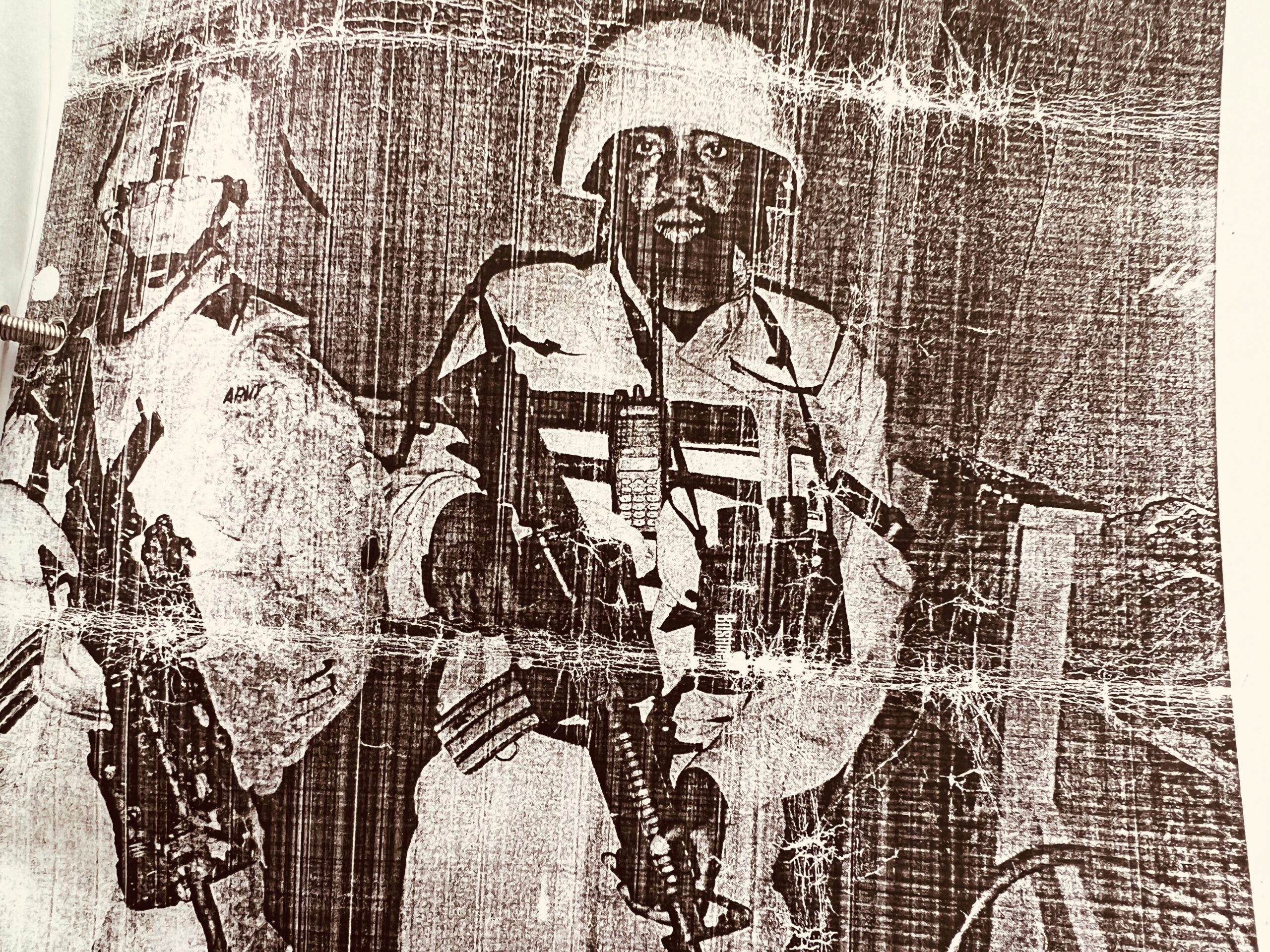
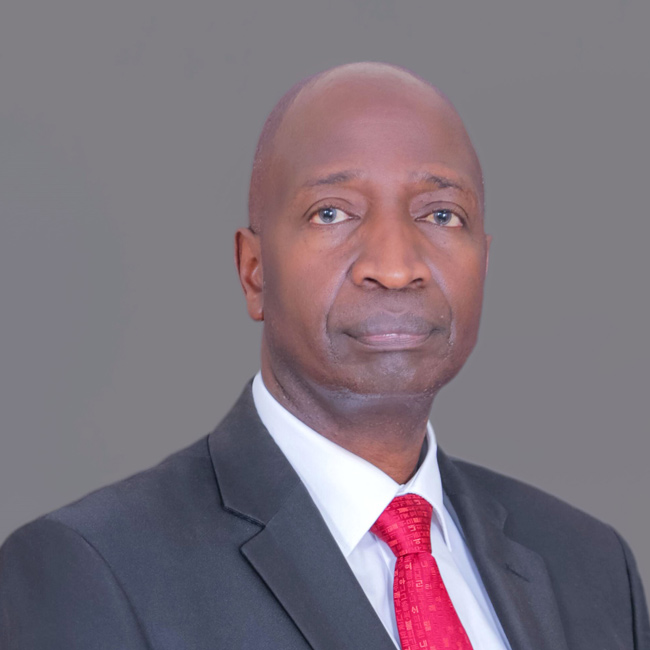
Great article bro💪🫡
Wow, this is an impressive take. Also very insightful and I am concerned for the traffic police. Thank you please
Thanks for the great work